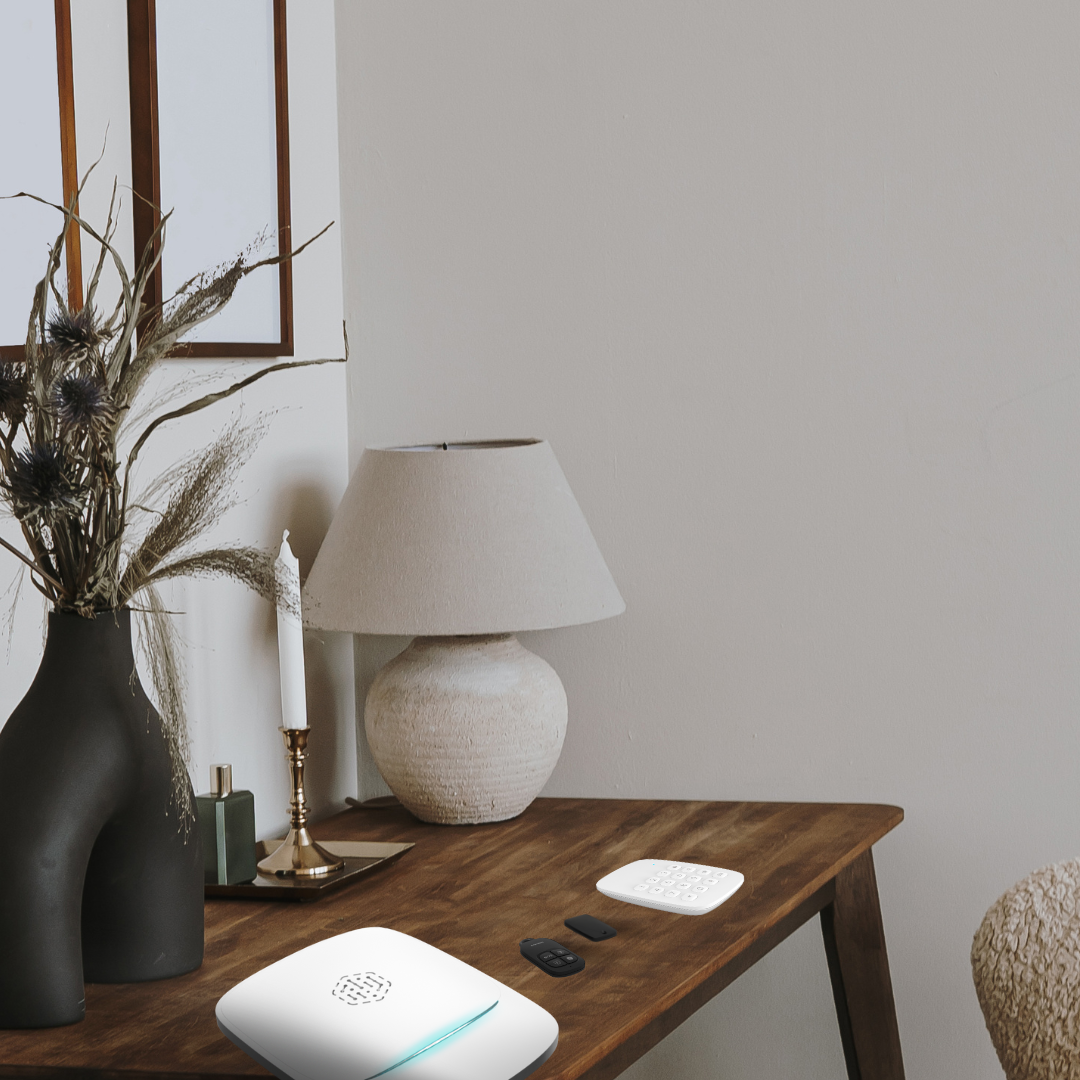In the field of home security, technology plays a crucial role in ensuring effective and reliable protection. The Zigbee protocol is increasingly popular for alarm systems due to its many advantages. This article explores the main benefits of using Zigbee technology in alarm systems.
What is Zigbee?
Zigbee is a wireless communication protocol designed for low-power, low-bandwidth networks. It is particularly suitable for home automation applications, including alarm and security systems.
But then what are its advantages?
Low energy consumption: Zigbee devices are designed to consume very little power, making them ideal for battery-operated alarm sensors. This allows for longer battery life, reducing the frequency of battery replacements and maintenance.
Mesh Network : Zigbee uses a mesh network topology, where each device can communicate with multiple other devices. This structure allows for widespread and reliable coverage, even in large homes or complex environments. If a device fails, the network automatically finds another path to route data, ensuring continuous communication. (only for electrically powered devices)
Enhanced Security: The Zigbee protocol incorporates advanced security measures, including 128-bit AES encryption, to protect communications from interference and unauthorized access. This ensures that sensitive information, such as alarm alerts, remains secure.
Interoperability: Zigbee is a standardized protocol, meaning devices from different manufacturers can interact seamlessly. This allows for greater flexibility in choosing and expanding security systems without being tied to a single vendor.
Low Latency: Zigbee devices offer low latency, meaning sensors can send alerts almost instantly when they detect an intrusion or abnormal event. This is crucial for a fast and effective response in an emergency.
Scalability: The Zigbee network can easily be expanded by adding new devices without requiring complex modifications. This allows users to start with a basic security system and expand it as needed, adding sensors, cameras, and other security devices.
Resilience to Interference: Zigbee operates in the 2.4 GHz frequency band, which is shared by many other wireless devices. However, thanks to its modulation and channelization techniques, Zigbee is resilient to interference, ensuring reliable communication even in congested environments.
Expanding Ecosystem With the rapid growth of the Internet of Things (IoT), many new Zigbee-enabled devices are constantly being developed. This means users have access to an ever-growing range of innovative products to enhance and customize their security system.
Convinced ?
Integrating Zigbee technology into alarm systems offers numerous benefits, including low power consumption, enhanced security, reliability, and flexibility. Its mesh network ensures extensive and resilient coverage, while its communication standard allows for interoperability between various devices.
Don't wait any longer and discover our ZIGBEE range ! We offer a range that includes a PA501Z control panel and various ZIGBEE accessories. This range is complemented by classic radio-based accessories to diversify communication methods and make your system even more secure.








Share:
Better understand the GSM functionality of my alarm system
Why use a connected socket in your security system?